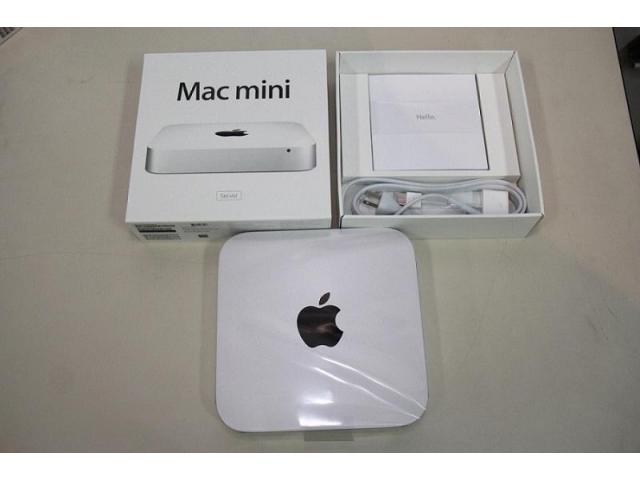

M1 Mac Mini vs Intel Mac Mini – Comparing FeaturesĪlthough it may seem like nothing has changed, you’ll just need to take a closer look. I’m also waiting to see if Apple offers any higher-end models in the future (I’m sure they will). Professional music producers CANNOT work without their tools, so I won’t be making the move until I’m certain that everything will be compatible/optimized. That’s because you most likely won’t have developed your “toolbelt” of software/plugins yet. The ONLY reason I’d recommend purchasing the Mac Mini M1 right now is if you were simply looking for your first computer for music production. If you’re still using any 32-bit applications, you won’t be able to run them on Catalina/Big Sur. I still use MacOS Mojave since I’d rather play it safe in terms of compatibility. It’s the only OS that can run on these new Apple M1 chips. That’s especially true because of MacOS Big Sur which is basically the same situation as MacOS Catalina EXCEPT you’ll be required to have it.

MAC MINI FOR SALE USED UPGRADE
I’m simply saying that for the time being, the upgrade may do you more harm than good. However, it’s only a matter of time before manufacturers/developers begin working on that. In other words, you won’t gain anything and it’ll require more resources to run those 3rd party applications. That’s not necessarily the case since the un-optimized software will still work BUT, it’ll be emulated (which will slightly decrease performance). That’s why we ABSOLUTELY needed to use Logic Pro X to run the benchmark otherwise, the results would’ve been WAY different.ĭoes that mean that the Apple M1 isn’t suitable for music production? The biggest issue with the Apple M1 (at the time of writing) is its lack of support from 3rd party manufacturers/developers.


 0 kommentar(er)
0 kommentar(er)
